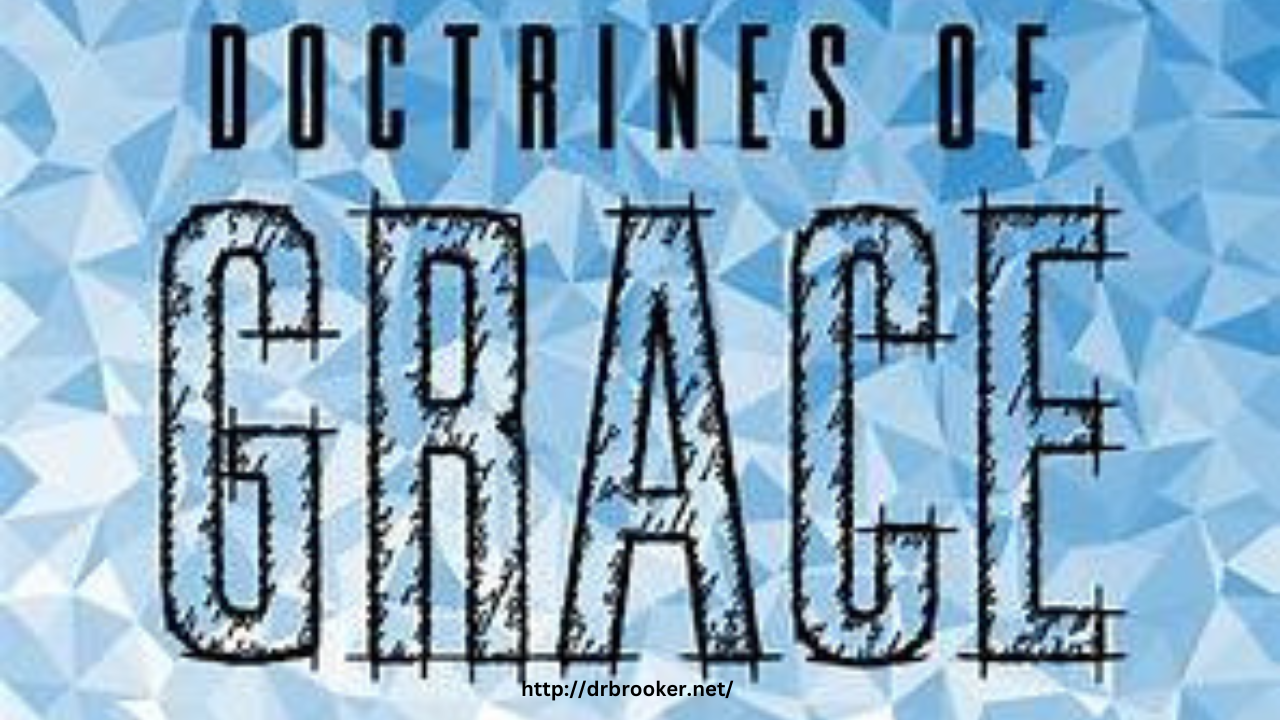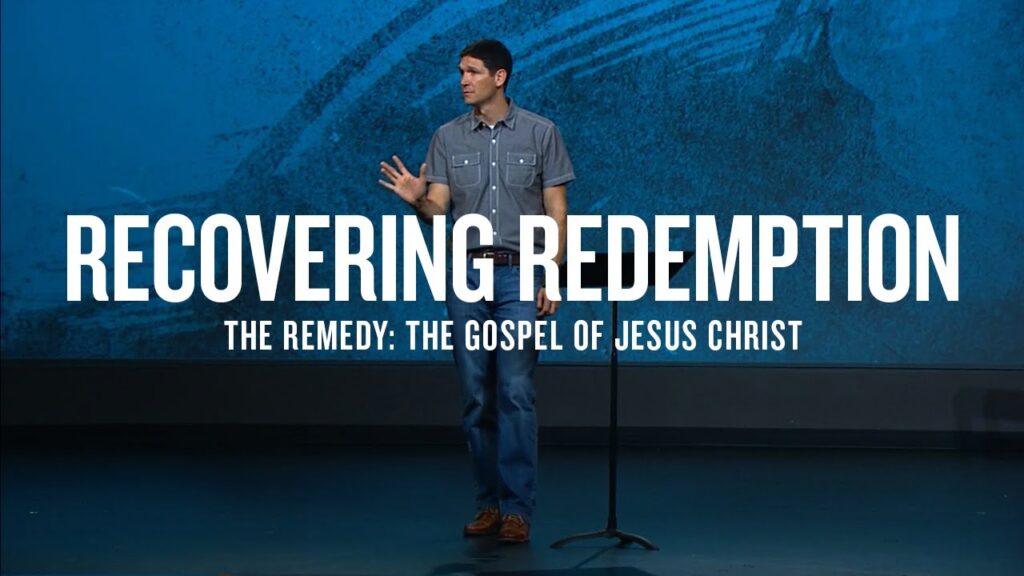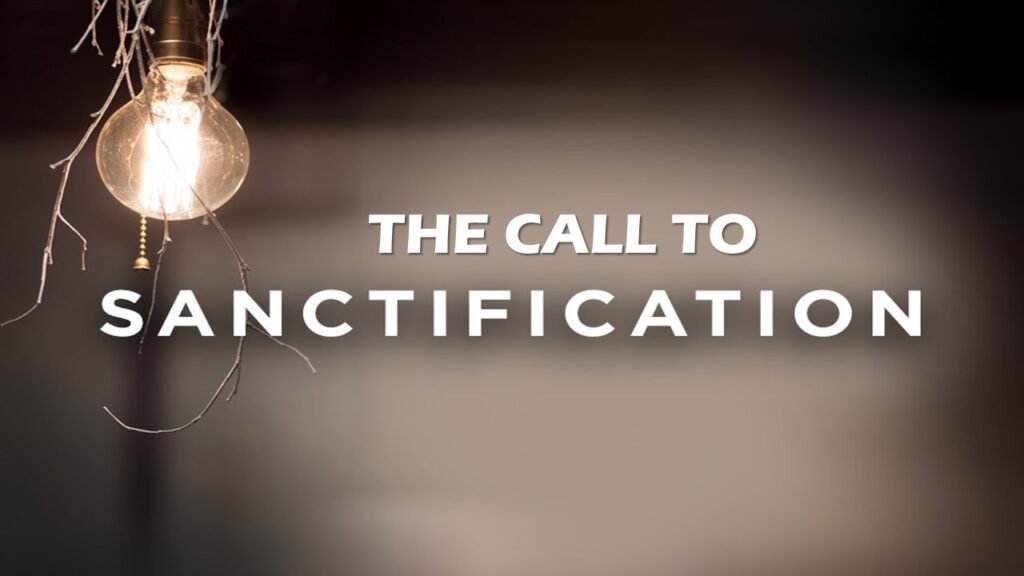Addiction is a formidable struggle that enslaves the mind and body, often leaving individuals feeling hopeless and beyond redemption. However, the doctrines of grace, central to Reformed theology, offer profound hope and a clear path to freedom through the transformative power of God. By understanding and applying these biblical truths, those struggling with addiction can experience real and lasting liberation in Christ.
Total Depravity: Recognizing the Depth of Our Need
The doctrine of total depravity teaches that sin has affected every aspect of human nature. Romans 3:10-12 states, “None is righteous, no, not one; no one understands; no one seeks for God.” This truth helps individuals struggling with addiction understand that their battle is not simply a matter of weak willpower but a manifestation of human brokenness. Recognizing this depravity is the first step toward seeking true deliverance.
Unconditional Election: God’s Sovereign Choice in Redemption
Many addicts feel unworthy of love and restoration. However, unconditional election assures believers that God’s grace is not dependent on human effort or merit. Ephesians 1:4-5 declares that God chose His people “before the foundation of the world.” This doctrine provides comfort, reminding those in addiction that God’s love and redemption are not contingent on their failures but on His sovereign grace.
Limited Atonement: Christ’s Work Secures True Freedom
The doctrine of limited atonement teaches that Christ’s sacrifice was purposeful and effectual for His people. John 10:15 states, “I lay down my life for the sheep.” For those in addiction, this means that Christ’s work on the cross is sufficient to break the power of sin. His atonement not only offers forgiveness but also the strength to overcome bondage.
Irresistible Grace: The Power of Transformation
Addiction often feels like an unbreakable chain, but the doctrine of irresistible grace assures believers that God’s calling is powerful enough to overcome even the strongest hold of sin. Philippians 1:6 reminds us, “He who began a good work in you will bring it to completion at the day of Jesus Christ.” This gives addicts hope that God’s transformative power is at work in them, drawing them away from addiction and into new life.
Perseverance of the Saints: Strength to Endure
Recovery is a lifelong process, and many fear relapse. However, the doctrine of the perseverance of the saints teaches that those who belong to Christ will be sustained by His grace. John 10:28 affirms, “I give them eternal life, and they will never perish, and no one will snatch them out of my hand.” This assurance enables individuals to walk in confidence, knowing that God will provide the strength to persevere.
Conclusion: Freedom Through the Doctrines of Grace
The doctrines of grace offer a path to freedom from addiction that is rooted in the sovereignty and mercy of God. By understanding total depravity, unconditional election, limited atonement, irresistible grace, and perseverance of the saints, those struggling with addiction can find not only forgiveness but also true transformation. In Christ, there is not just hope for sobriety but the promise of a new life filled with His sustaining grace.








